Rich Hoyer completed his wonderful Christmas in Oaxaca tour recently.
It can’t have been a surprise that the Red Warbler was mentioned by the most participants as one of their favorite birds on this year’s Oaxaca at Christmastime tour – it’s always an arresting sight to see such a jewel in the pine-oak forests.
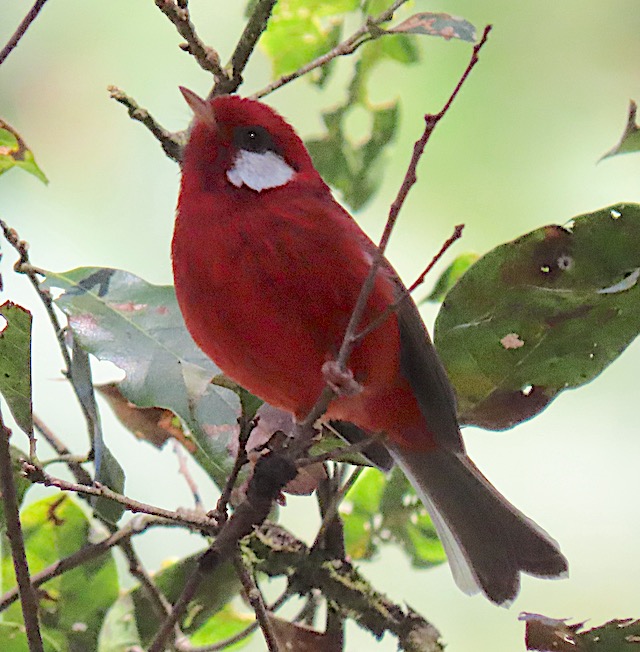
The first one we saw was up high and difficult, the second was a bit better but in the dark forest understory, the third was brilliant and gorgeous, the fourth was just as cooperative, and then we saw a fifth and realized that there might be too much of a good thing.
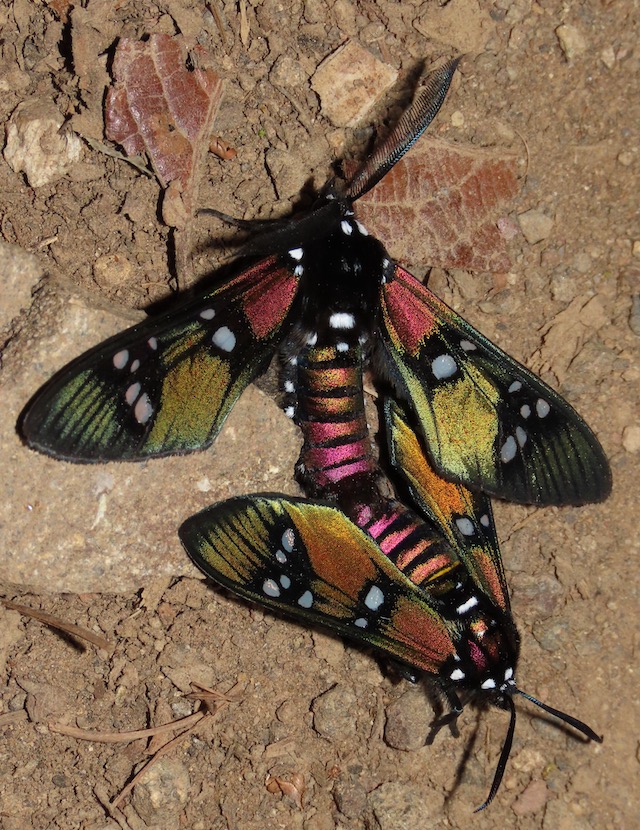
So we turned our attention instead to a Golden-browed Warbler and flock of Dwarf Jays until we were drawn by the stunning beauty of a pair of Princely Tiger Moths mating in the middle of the road.
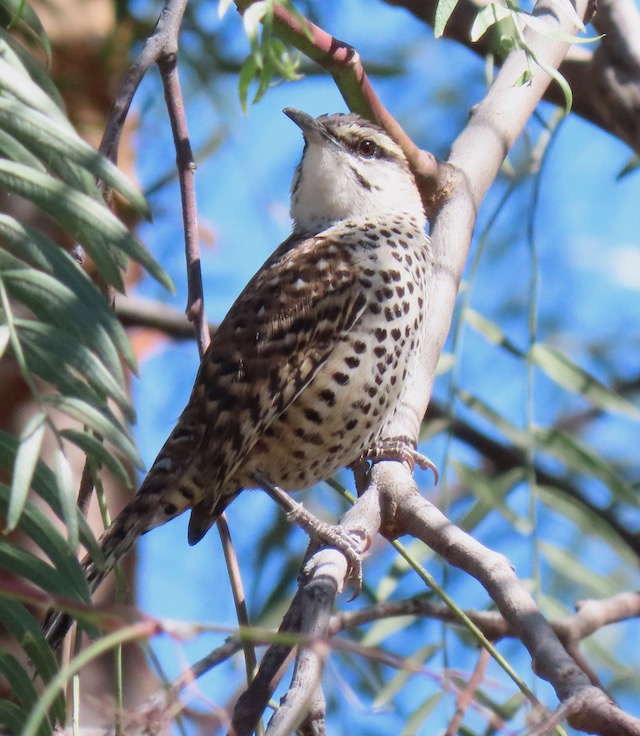
Birds from the drier parts of the Oaxaca Valley included great views of the Mexican endemic Boucard’s Wren, not quite as cactus-bound as our own Cactus Wren, but certainly reminiscent of its close cousin.
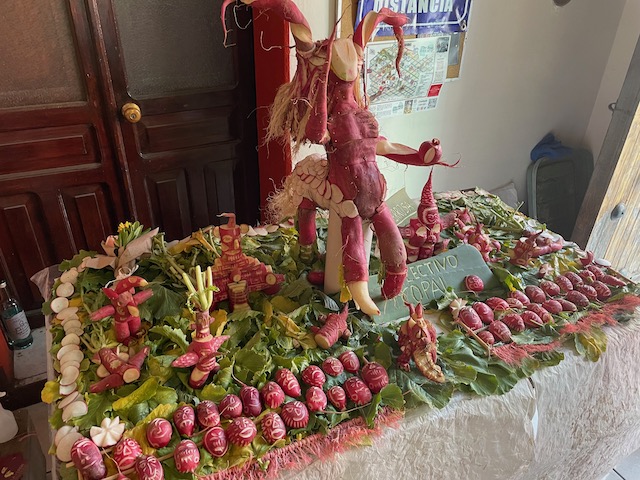
The Covid situation in Mexico was taken very seriously, even though case numbers were quite low during our visit. As a result, the radish carving competition of Noche de Rábanos was officially canceled only a day before the event on December 23. Nevertheless, at the last minute, we heard that some were being displayed at various hotels and cafés, and we got to visit three and learn from their creators about the process and symbolism portrayed in their art.

Presumably another casualty of the pandemic was the non-announced closure of Yagul ruins, but we did get to enter the fascinating and more modern ruins of Mitla.

The studio of the master rug weaver Nelson Perez Mendoza was open for business, and we gratefully received a brief explanation of the natural fibers and dyes he uses in the yarn for his award-winning and truly inspirational weavings, some of which we then either coveted or bought.
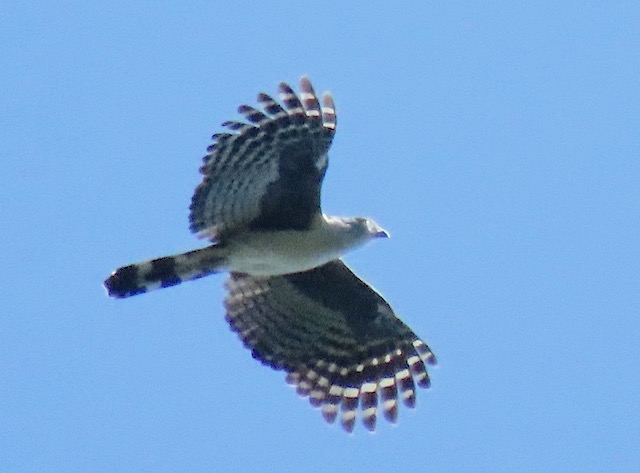
Our three-day side trip to Tuxtepec was marred only by sunny weather – such beautiful conditions certainly make for comfortable birding, but they also result in a lack of flock activity at higher elevations. No matter the weather, birds at the lower elevations were as busy as ever, and the sun also created perfect soaring conditions, allowing for the addition of a rare Gray-headed Kite to the master list for this tour, which now includes 17 years of data.
